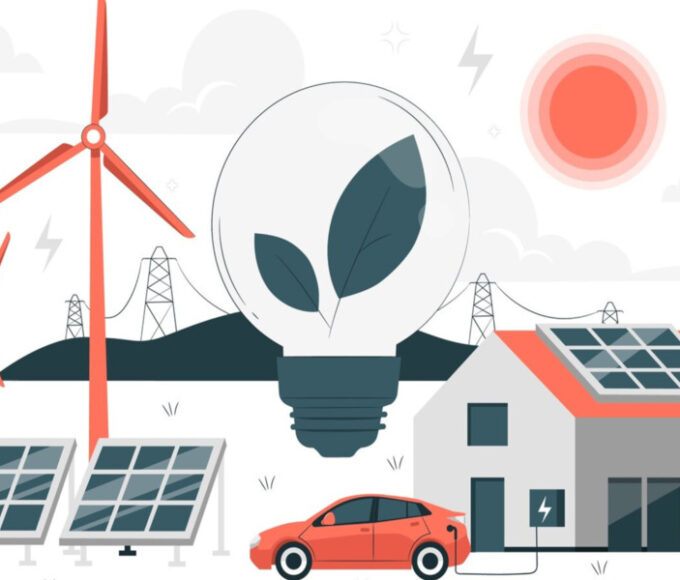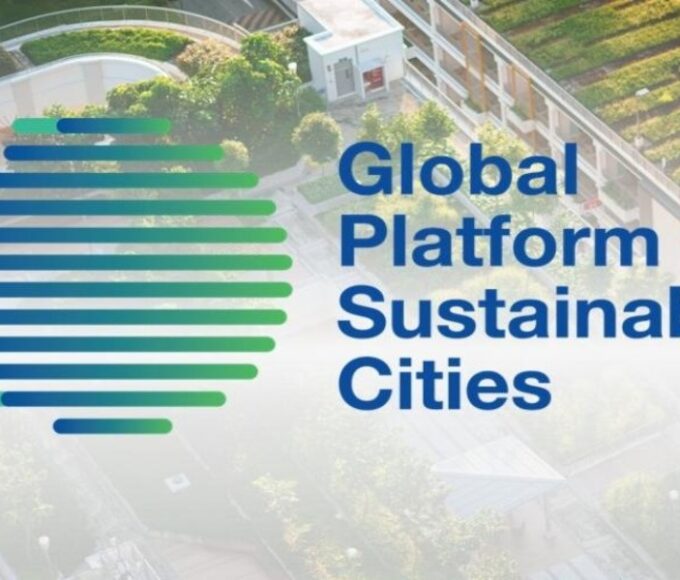Emirates Airline Expresses Doubts Over Achieving Net-Zero Emissions by 2050

Emirates Airline, one of the world’s leading carriers, has raised concerns about the feasibility of achieving net-zero carbon emissions by 2050, casting a shadow over the aviation industry’s ambitious climate goals. The airline’s remarks come amid increasing pressure on airlines worldwide to reduce their environmental impact, while grappling with the complexities of transitioning to more sustainable operations.
1. The Challenge of Achieving Net-Zero Emissions
In response to growing concerns about climate change, the aviation industry has committed to reducing its carbon footprint and aiming for net-zero emissions by 2050. However, Emirates, a key player in the global airline industry, has expressed doubts about how the sector can realistically meet this target.
The airline’s CEO, Sheikh Ahmed bin Saeed Al Maktoum, acknowledged the difficulty in achieving net-zero emissions, citing the current limitations in sustainable aviation fuel (SAF) production, the high costs of new technologies, and the operational challenges of decarbonizing long-haul flights. Emirates has stated that while the airline is committed to sustainability and reducing its environmental impact, the path to net-zero is fraught with challenges that require significant technological advancements and large-scale investments.
2. Sustainable Aviation Fuel and Technological Barriers
One of the main hurdles Emirates highlighted in its pursuit of net-zero emissions is the reliance on sustainable aviation fuel (SAF) as a key component of decarbonizing the aviation industry. While SAF has the potential to significantly reduce carbon emissions, production capacity is currently limited, and the cost remains prohibitive for widespread adoption. The airline emphasized that while SAF holds promise, it will require massive infrastructure investments and technological breakthroughs to meet the aviation industry’s fuel demands sustainably.
Moreover, aircraft technology itself is a significant factor in reducing emissions. Although electric and hydrogen-powered planes are being explored, they are still in the early stages of development and are not yet viable for large-scale commercial flights, especially long-haul routes. As such, the airline industry faces considerable uncertainty about the timeline for the widespread adoption of such technologies.
3. Financial and Operational Challenges
Another critical issue for Emirates and other airlines is the financial and operational strain associated with transitioning to a net-zero future. The airline industry is still recovering from the financial impacts of the COVID-19 pandemic, and airlines are grappling with rising operational costs and fluctuating fuel prices.
Investing in the research and development of new technologies, retrofitting existing aircraft to be more fuel-efficient, and scaling up SAF production all require substantial capital. While governments and international organizations are increasingly providing support to help airlines reduce their carbon emissions, the question remains whether the financial resources required for a complete transformation will be available in time to meet the 2050 target.
4. Industry Calls for Realistic Expectations and Collaborative Efforts
Emirates is not alone in expressing skepticism about the feasibility of meeting the net-zero target. Several other major airlines and aviation industry stakeholders have similarly warned that while achieving net-zero emissions is a noble goal, it must be accompanied by realistic expectations and practical timelines.
Industry experts argue that a collaborative approach involving governments, airlines, manufacturers, and fuel producers will be crucial in overcoming the technological, financial, and logistical barriers to decarbonization. Investment in SAF infrastructure, the development of new green technologies, and the establishment of international regulatory frameworks will be essential to ensuring that airlines can meet their environmental targets without compromising profitability or operational efficiency.
5. Conclusion: A Long Road Ahead
While Emirates Airline is committed to playing its part in reducing emissions and exploring sustainable alternatives, the carrier’s doubts about achieving net-zero emissions by 2050 underscore the significant challenges the aviation industry faces. The transition to a low-carbon future will require substantial technological innovation, financial investment, and international cooperation.
For now, airlines like Emirates will continue to work toward sustainability, but the 2050 target for net-zero emissions may need to be revisited as the industry grapples with the realities of decarbonizing a complex and energy-intensive sector. Ultimately, the road to achieving net-zero emissions will likely be longer and more complicated than originally anticipated.
Visit Latest Interviews
Recent Posts
Related Articles
Why You Should Think About Your Domain Extension Before You Think About The Name?
Think of your domain extension like a surname—it wraps up your web...
ByGlobal Leaders ViewAugust 19, 2025Germany’s ‘Energiewende’ Initiative: A Vision for a Sustainable Future
Germany’s ambitious energy transition, known as the Energiewende, aims to shift the...
ByGlobal Leaders ViewJanuary 27, 2025Global Platform on Sustainable Cities Established
In a groundbreaking move toward addressing the challenges of urbanization and climate...
ByGlobal Leaders ViewJanuary 27, 2025Singapore’s Green Urbanism Initiatives
Singapore, known for its modern skyline and bustling urban environment, is also...
ByGlobal Leaders ViewJanuary 27, 2025















Leave a comment